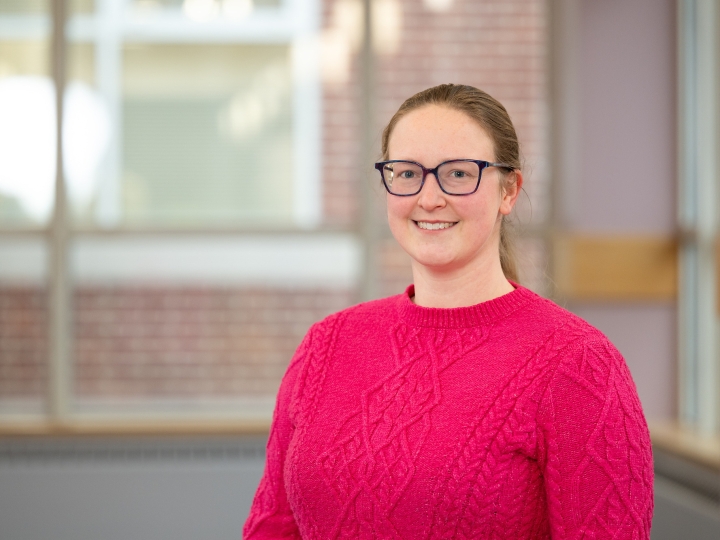Cool Classes: How We Do Things With Words
March 23, 2017
What class? Languages & Cultures Residential College Foundation Seminar: How We Do Things With Words
Who teaches it? Professor Katherine Faull, German studies and comparative humanities
"This class introduces students to the field of cross-cultural pragmatics; in other words, how we use words to convey meaning and how that usage differs between cultures. We don't only focus on verbal communication, but also gestures and facial expressions. For example, a nod means yes and signals agreement in Anglo cultures, but in Japanese cultures it can mean an acknowledgement of your words but not agreement.
"This isn't a straight linguistics class; it also looks at how different cultures have different expectations about communication. We explore the power of language across all cultures by looking at notions of 'face', politeness, the structure of writing and gender differences in speech. We consider why and how we use words the way we do and learn to analyze critically how words are used by others — like politicians, teachers or advertisers.
"We start the class with an examination of how metaphor shapes our conceptual understanding of the world and reflects cultural values by asking questions including:
Why does time equal money?
Why do we 'save' or 'waste' time?
Why is happy 'up'?
"Whenever this class coincides with election season, students learn to analyze political speech by thinking about the language use of the speaker without focusing on the rightness or wrongness of an argument. For example, in a debate scenario, how much face-saving and face-threatening is going on? Is it linked to gender or political position? As debate transcripts are quickly available after the event, it's easy for students to access the text and analyze the speeches.
"Students share their work on an interactive class blog, which they can invite others to use as well. The course also uses digital tools to analyze the way in which we use words. One of the assignments asks students to use the electronic literature tool Twine to write a multi-stranded interactive story that shows successful and unsuccessful communication. Students really take to this, mostly because they are familiar with the branched logic of video games. Some of the final products are really complex and beautiful!
"What students have learned in class becomes clearer when returning home for the first time after starting at Bucknell. Often, they suddenly realize how their family members are using words, and back on campus, they are constantly analyzing conversations they overhear in the cafeteria, and how different people make requests."
See what else Bucknell offers in the Comparative Humanities Program and learn more about the Residential Colleges.
Bucknell is celebrating the 30th anniversary of the Residential Colleges, a hallmark of the Bucknell experience.

